Up to 35% of your credit score may come from personal loans, and making regular, on-time payments can raise your score. They also add to your credit mix, which broadens the range of account types you have.
1. Past payment records

Is your payment history consistent with making on-time debt and balance payments one of the primary inquiries made by lenders? For this reason, the FICO score—the most widely utilized model by lenders—is composed of 35% of the payment history component of credit ratings. Your credit card payments, loan payments (including mortgages and auto loans), in-store financing, and any other debt you have paid off can all be included in your payment history, which is a record of your repayment patterns.
Over time, timely payments on a regular basis might raise your credit scores. However, depending on how frequently and how recently you've had late payments, late marks might seriously affect your grades. Credit usage, or how much of your available credit is used, and the amount owed are other factors that affect your score. Paying off credit card debt with personal loans can raise your credit utilization ratio, which could raise your credit ratings.
2. Amounts Due
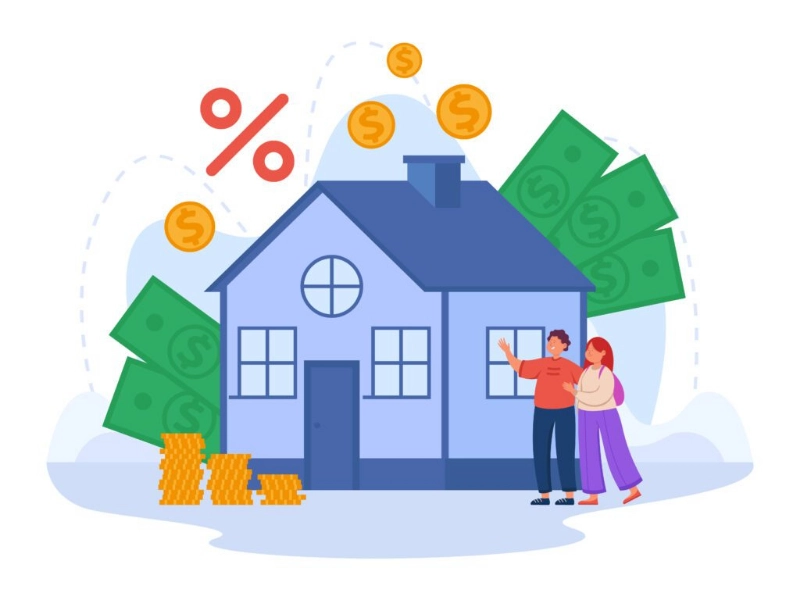
Payment history is a major factor in credit rating algorithms. However, a significant factor in determining your score is amounts owed, which is the proportion of sums you owe on each credit card and loan. A larger proportion of outstanding debt is typically seen negatively. In general, you should refrain from maxing out your credit cards and keep your percentage of debt low.
Getting a personal loan can make you owe more money overall, which could lower your credit score. This is due to the possibility that when you ask for a loan, lenders will run a hard inquiry on your credit, which could result in an increase in credit utilization. Thankfully, paying your bills on time has a greater influence on credit score models than this. Additionally, there won't be much of an effect on your credit ratings if you keep your new loan account closed. Ideally, you should spread out your loan applications so that you are not applying for too many loans in a short amount of time.
3. Duration of Credit Record

A credit history that demonstrates your extended history of responsible credit use is what lenders look for. According to the FICO credit scoring algorithm, length of credit history makes up 15% of your score and 21% of your VantageScore. It considers the average age of your open accounts in addition to the age of your newest and oldest accounts.
Maintaining a low credit limit and paying your bills on time are essential for a high credit score. Additionally, you must have a sufficient quantity of new credit in addition to a well-balanced mix of credit (installment and revolving accounts).
Although it isn't the primary determinant of a credit score, the duration of your credit history is a significant overall predictor of your stability and dependability. Your credit history is one of the most trustworthy indicators of your creditworthiness to creditors, and the majority of bad information remains on your credit report for seven years.
4. Fresh bank account

Any lines of credit or loans you have taken out that were not previously listed on your credit report are considered new credit. This little aspect, which makes up 10% of your score, has an effect on the "credit mix" component, which looks at the various kinds of credit you have. Since creating a new account lowers the average age of all your accounts, it may also have an impact on the length of your credit history.
By lowering your amount due percentage (which accounts for 30% of your credit score), opening a new revolving account and using it sparingly may actually improve your credit scores. But, since it adds to your debt load, opening a new installment loan and promptly maxing it out could lower your credit.
When you are preapproved for a personal loan, lenders usually run a hard credit inquiry, which may have an effect on your credit score. But if you keep up your timely and complete payments, your credit history will benefit from that brief setback in the long run.
Recommended Reading: Comparing New and Used Auto Loan Factors

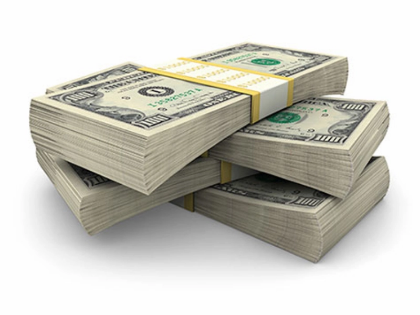
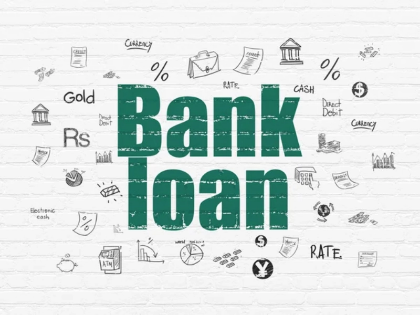
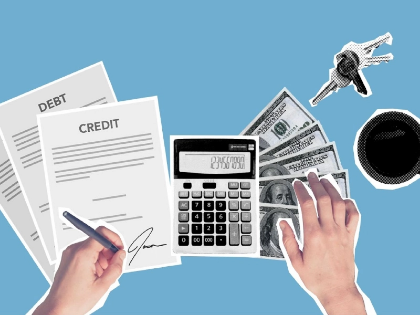

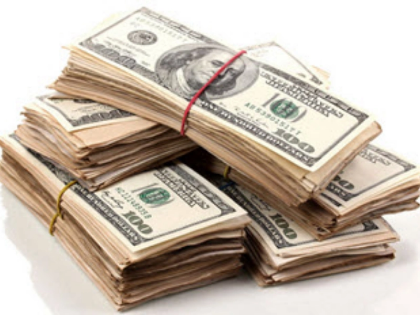
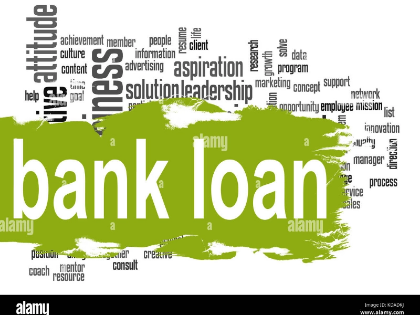



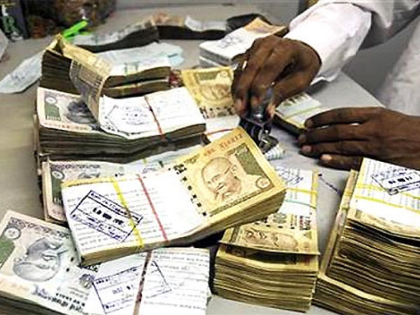






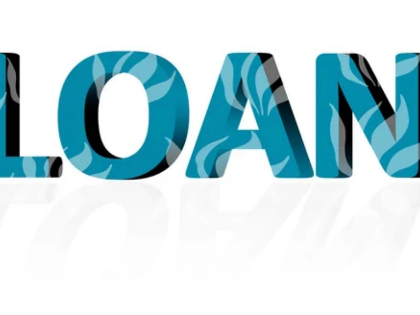






The restraint here is art.
Seeds future iteration.
Policy-ready phrasing style.